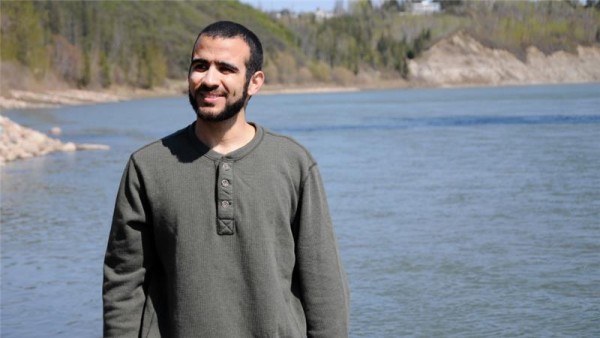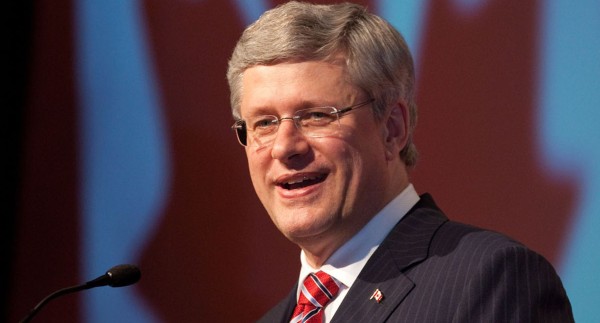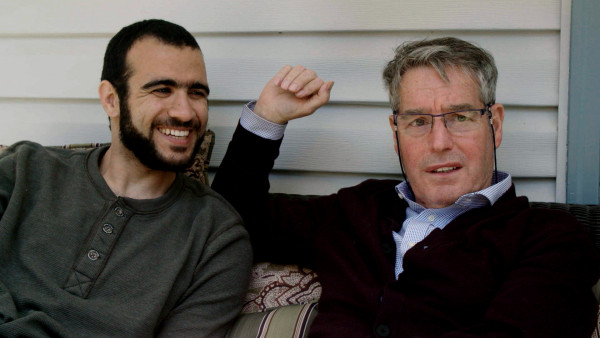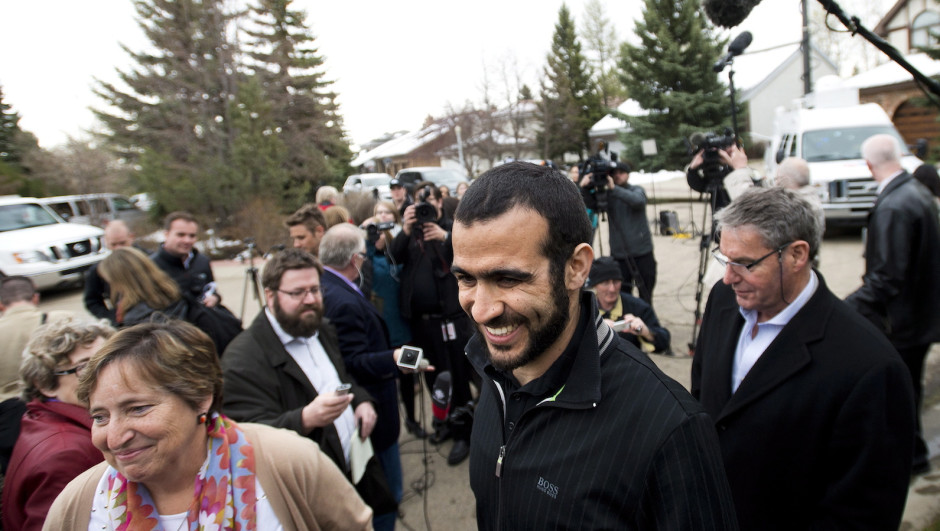
Terrorist or child soldier?
That’s the question Patrick Reed and Michelle Shepard implicitly pose with respect to Omar Khadr in their 80-minute documentary, Guantanamo’s Child, which will have its world premiere at the Toronto International Film Festival later this month.
Khadr, the first juvenile ever tried for war crimes, is an Arab Canadian of Egyptian and Palestinian origin who had the misfortune of being in Afghanistan after the 2001 American invasion. On the initiative of his father, Ahmed Said Khadr, he joined anti-American insurgents
On July 27, 2002, his unit in Khost was bombarded from the air by American aircraft and then attacked by U.S. special forces on the ground. In the course of the battle, during which Khadr was badly wounded, he threw a grenade at an American soldier, killing Chris Speer. Captured in the field, he was interrogated for three months and sent to a special prison facility in Guantanamo, Cuba, where he spent the next decade.
He was the only Canadian prisoner there.
In 2012, he was transferred to a maximum security jail in Edmonton, Canada, to finish his sentence. Three years later, a judge ordered him freed on bail, prompting the federal government, headed by Prime Minister Stephen Harper, to appeal his release.

On May 7, 2o15, Canadians saw him in the flesh for the first time when he answered reporters’ questions at a press conference in Edmonton. Much to the surprise of many Canadians, who had assumed he was an ogre, Khadr came across affably and amiably.
“I’m just a regular person,” said Khadr, oozing charm.
Born in the suburbs of Toronto 28 years ago, he was eight years old when his father — an aid worker and alleged Al Qaeda fundraiser who died in 2003 — moved his pious Muslim family to Pakistan and then Afghanistan to help Afghan refugees. When Khadr was 15, his father handed him over to insurgents, who supposedly used him as a translator.
“We were never Al Qaeda,” claims his veiled mother, Maha Elsamnah.
According to a U.S. commando whose force destroyed Khadr’s unit, Khadr built explosive devices. “He was an Al Qaeda terrorist,” the unidentified soldier claims. Khadr, in the film, admits the accusation, suggesting he went along with the flow. He adds that he got “stuck” in the firefight in which Speer was killed.
Transferred to the Guantanamo Bay detention center on October 28, 2002, Khadr was constantly interrogated. Damien Corsetti, the American interrogator, implies he was treated inhumanely. By all accounts, Khadr was chained to a floor and subjected to sleep deprivation. In 2010, he was charged with committing five war crimes, and a military commission sentenced him to eight years imprisonment. Subsequently, he was moved to Canada to serve out his time.
Khadr speaks his mind in the film, but strangely enough, he doesn’t say a word about his political beliefs, and this omission leaves a gaping hole in the movie. He confines his comments to bland generalities.
“You can’t regret things you had no control over,” he says in apparent reference to his participation in the battle that claimed Speer’s life. At another point, he says he’s a “better person” than some might suppose. In his most poignant remarks, he admits he’s “hungry” for new experiences. He says, “I don’t wish people to hate me or love me, but to give me a chance.”

His Scottish Canadian lawyer, Dennis Edney, who’s developed a tender father/son relationship with Khadr, is outspoken. He accuses Harper of being a “bigot” who dislikes Muslims. It’s an unsubstantiated charge, but the filmmakers allow it to stand unchallenged.
Khadr, in Guantanamo’s Child, is friendly and measured. He does not impart the aura of a terrorist. He’s almost like your nice next-door neighbor. The story, of course, is darker and far more complex, but that’s the impression the filmmakers wish to leave.
So much for impartiality.
Guantanamo’s Child will be screened on September 14, 16 and 19.
